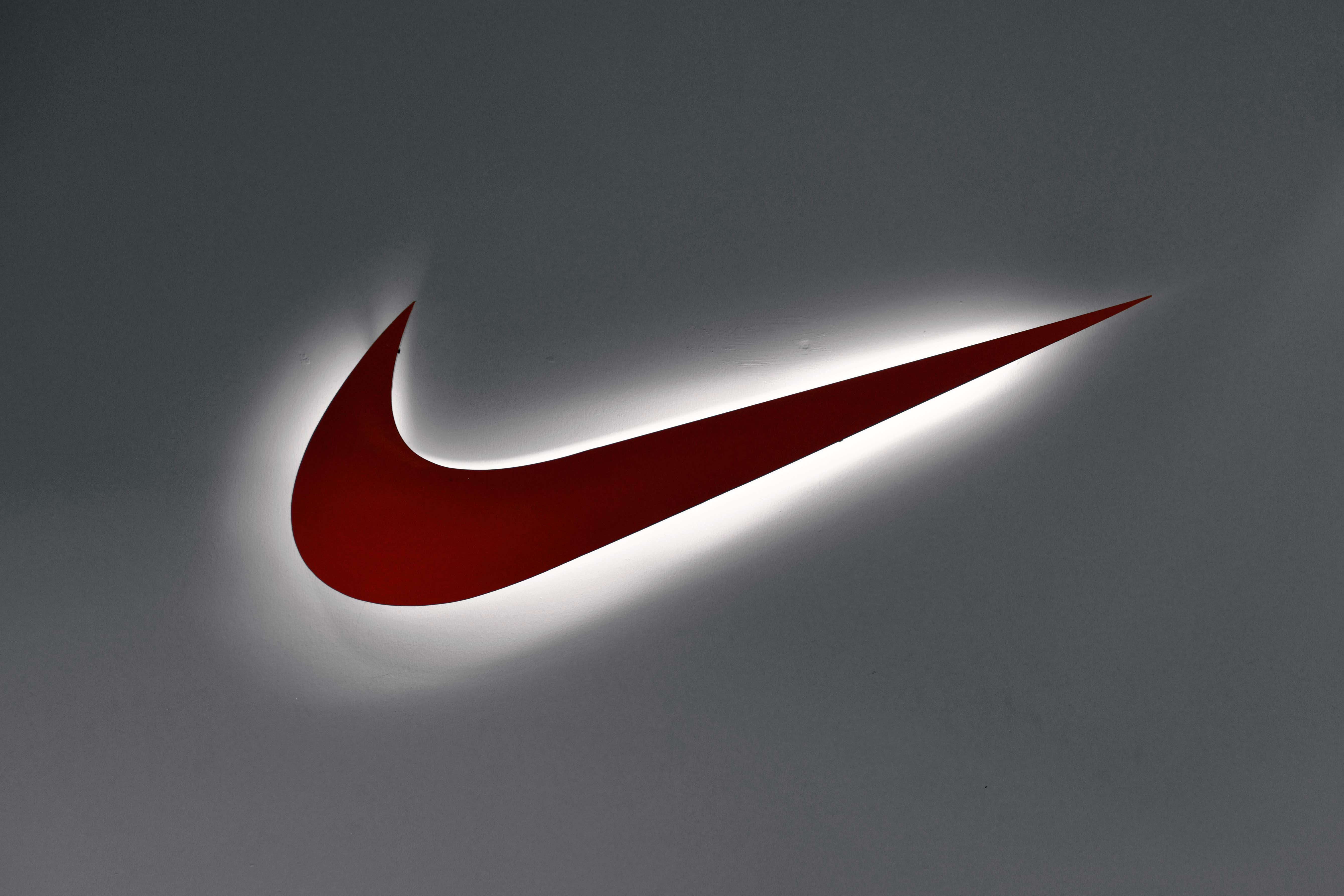Nike and Sky ads banned over misleading ‘dark pattern’ tactics
The Advertising Standards Authority said both rulings were part of its wider work investigating ‘online choice architecture’ used by retailers.

Your support helps us to tell the story
From reproductive rights to climate change to Big Tech, The Independent is on the ground when the story is developing. Whether it's investigating the financials of Elon Musk's pro-Trump PAC or producing our latest documentary, 'The A Word', which shines a light on the American women fighting for reproductive rights, we know how important it is to parse out the facts from the messaging.
At such a critical moment in US history, we need reporters on the ground. Your donation allows us to keep sending journalists to speak to both sides of the story.
The Independent is trusted by Americans across the entire political spectrum. And unlike many other quality news outlets, we choose not to lock Americans out of our reporting and analysis with paywalls. We believe quality journalism should be available to everyone, paid for by those who can afford it.
Your support makes all the difference.Adverts for Nike and Sky have been banned for using so-called “dark pattern” tactics designed to lead consumers to unintentionally spend money.
In the case of Nike, the footwear giant advertised a shoe at a low price, causing consumers to click through only to find that it was for a children’s size, while Sky did not make it clear that a free trial for Now TV would automatically renew with a charge unless cancelled.
The Advertising Standards Authority (ASA) said both rulings were part of its wider work investigating “online choice architecture” (OCA), which has also come under scrutiny by the Competition and Markets Authority.
Concerns around OCA, or how retailers sell to customers online, include price transparency and product information, hidden fees and so-called “drip pricing”, as well as fake and misleading reviews.
We therefore considered that the consumer would click through to the website and expect to be able to purchase a pair of adult trainers at the advertised price
Nike’s ad, which appeared on The Sole Supplier’s X account in December, featured an image of a pair of trainers and the caption “Now just £26 at Nike!”, followed by exploding head and black heart emojis.
The ASA, which understood the product was intended for older children and limited to a UK size 36, investigated the ad over concerns it misled shoppers.
Nike said the ad was created and published by The Sole Supplier without any input or oversight from it, but it did not believe it was misleading, arguing a reasonable consumer would assume there would be some limitation on the item, such as the availability of sizes.
The ASA noted there was nothing in the ad to indicate to consumers the trainers were intended for older children or that they were available in limited adult sizing, while the “Now just £26” caption alongside the exploding head emoji reinforced the impression that they were intended for adults.
The ASA said: “We considered the text and emoji implied that the advertised price was a significant discount against the usual selling price of the trainers.
“We therefore considered that the consumer would click through to the website and expect to be able to purchase a pair of adult trainers at the advertised price.”
A website for Now TV in December directed consumers to options for buying a subscription, which the ASA investigated over concerns free trials were automatically added to the basket and would auto-renew at a monthly charge unless cancelled.
Sky UK, trading as Now, said a consumer who had selected the membership option would be fully informed they were also adding Cinema and Boost free trials to their basket, and they would auto-renew for a fee after the free trials ended.
However Sky also said it would be carrying out “user experience testing on their online customer journeys”, specifically in relation to the concerns raised by the ASA.
The ASA said it understood each free trial would automatically renew at a monthly charge, specifically £6 for Boost and £9.99 for Cinema, unless they were cancelled within the free trial period.
It acknowledged those conditions were stated at the bottom of the two boxes detailing each of the streaming packages, but said they were in a smaller font and a less prominent colour, and away from the references to the free trials and below the button to proceed, increasing the likelihood that consumers would miss the information.
The ASA concluded: “Because the text outlining the significant conditions of the free trials was not clear in either size or clarity of font and did not immediately follow the reference to the free trials, we concluded that the ad was misleading.”
A spokeswoman for Now said: “At Now, we are committed to providing our customers with a personalised viewing experience. While we believe that the choice ultimately rests with the consumer, we respect the ASA’s decision and will implement necessary changes to our sales process.
“Starting this week, we will trial a new customer membership self-select check-out process to better understand what our customers need.”